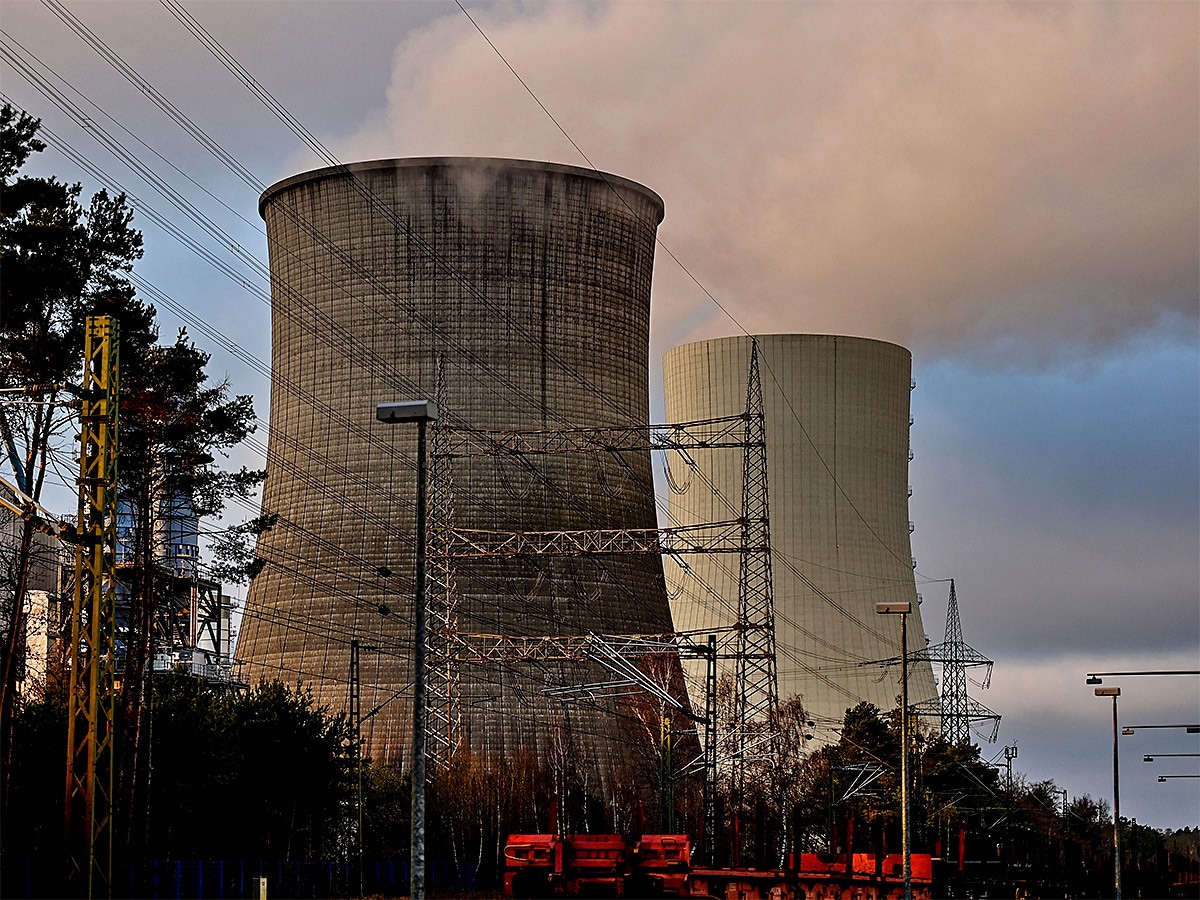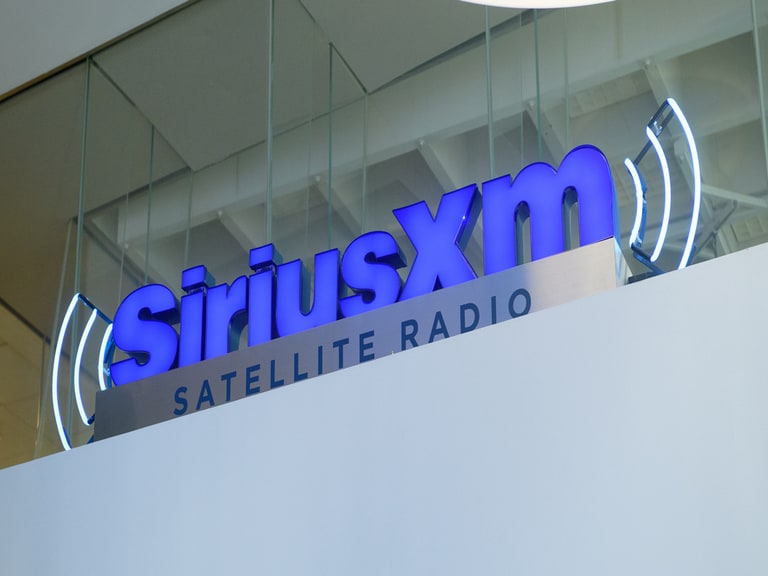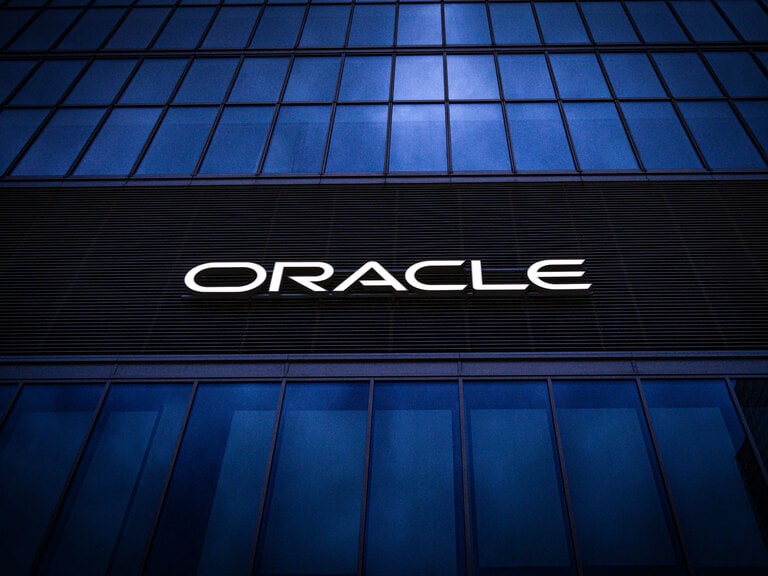The UK government’s green energy plan and concerns about the impact of the Russia-Ukraine conflict on oil and gas supplies has re-energised nuclear power stocks like Rolls-Royce. But how stable are investments?
The Russia-Ukraine war blazes on and the resolve of western allies appears to be weakening as countries like the UK and Germany battle energy and gas price increases even for retail users. Governments including the UK and Japan are coming to grips with nuclear energy programmes as an alternative to gas, boosting stocks along the way.
Prime Minister Boris Johnson met nuclear energy industry bosses on 21 March to outline government plans to get a quarter of the UK’s electricity supply from nuclear power. At the meeting engineering and construction giant Bechtel, French utility EDF [EDF.EPA] and Rolls-Royce [RR.L], which has experience designing and manufacturing power systems, discussed how to accelerate nuclear capacity.
The UK requires heavy investment in new facilities because several currently functioning nuclear power stations have been earmarked for decommissioning. The country currently generates 16–18% of its electricity from nuclear energy.
SMRs and the green revolution
Rolls-Royce, for example, as part of a consortium including Atkins, BAM Nuttall and Laing O’Rourke, has developed small modular reactors (SMRs) that are low-cost and easily deployable.
The prime minister has backed SMRs as part of his 10-point plan for a ‘green industrial revolution’. The Department for Business, Energy and Industrial Strategy kickstarted the approval process at the beginning of March, and Rolls-Royce is currently seeking bids for a site to construct them.
Rolls-Royce SMR CEO Tom Samson told Opto in an emailed response: “We are ready to deliver [SMRs] in the UK and overseas, working in parallel on siting and funding to ensure power from Rolls-Royce SMRs is online as close to 2030 as possible.”
Morningstar analyst Joachim Kotze told Opto that SMRs had the potential to contribute 200 basis points of growth to Rolls-Royce’s revenue, but there still are no orders and numerous political and certification hurdles to overcome. “We believe the market will take a wait and see approach and only price in any upside [to the Rolls-Royce share price] once orders and deliveries gain traction,” he said.
Weaning off Russian gas
While Russia’s invasion of Ukraine hasn’t directly impacted energy supplies (yet), the conflict has caused other countries to rethink their nuclear energy plans. Belgium is considering delaying its exit from the nuclear industry by 2025, while Finland recently opened its first nuclear facility in 15 years.
A push from President Putin to force gas settlements in the Russian ruble may accelerate the shift to alternate energy even further.
“While no current energy sources nor saving measures would compensate for the complete loss of Russian gas flow, much attention since the invasion has focused on nuclear power in Europe,” wrote Stéphane Monier, chief investment officer at private bank Lombard Odier.
Uranium on a high
The risk to energy supplies has helped to push the spot price of uranium — the fuel typically used in nuclear reactors — up to a 10-year high. This has had a knock-on effect on nuclear energy stocks, which have been building up a head of steam since the conflict started.
Jersey-based Yellow Cake [YCA.L], which offers exposure to the spot price of uranium without the exploration and mining risks, has seen its share price climb 12.9% in the past month to 31 March, compared with its 16.9% rise since the beginning of the year.
The share price of Canadian firm Cameco [CCJ], which produces uranium and manufactures nuclear fuel products, has risen 18.4% in the past month and 33.4% since the beginning of the year.
The share price of the world’s largest producer of natural uranium Kazatomprom [0ZQ.F], the national operator of Kazakhstan, is up 9% over the past month, but remains in the red year-to-date, down 13.9% since the beginning of 2022.
The Global X Uranium ETF [URA], of which the aforementioned companies are key holdings, is up 8.5% in the past month and 14.6% year-to-date.
Continue reading for FREE
- Includes free newsletter updates, unsubscribe anytime. Privacy policy





